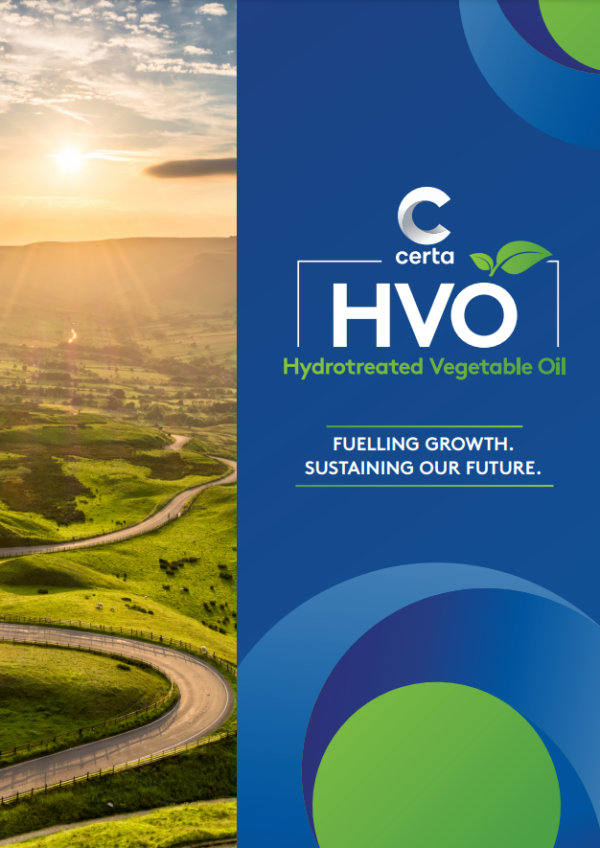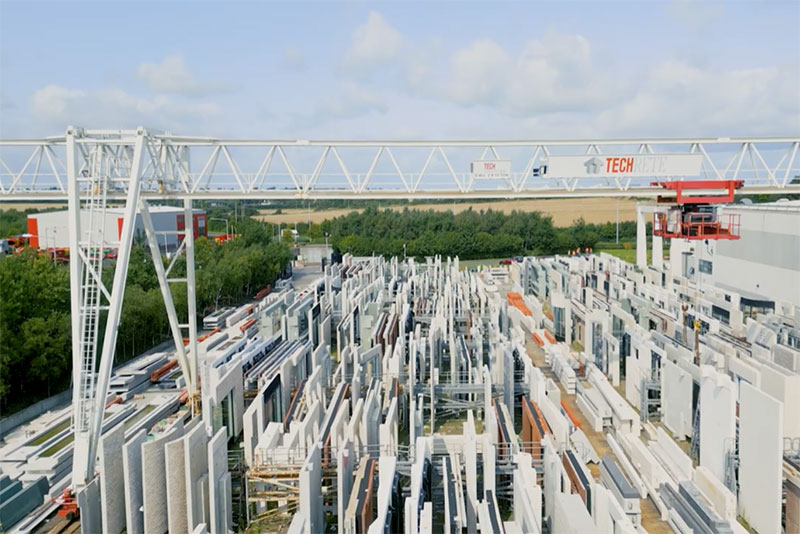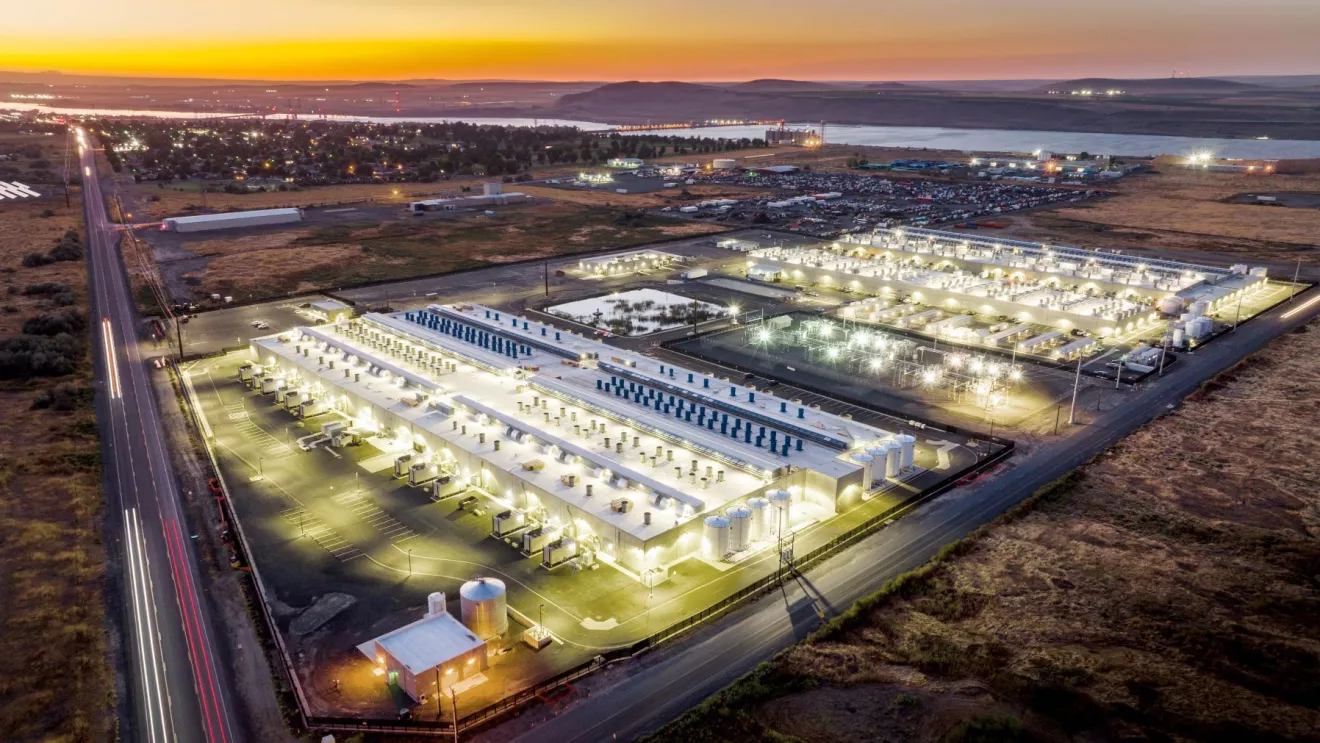Renewables
HVO: How Can it Benefit your Sector?

One of the most exciting solutions at the forefront of sustainable energy is Hydrotreated Vegetable Oil (HVO) renewable diesel. This biofuel, which is a 100% drop-in replacement for regular diesel is the most exciting innovation in alternative fuels in a long time.
After extensive research and trials done with a range of companies across various industries, HVO has been demonstrated to significantly reduce carbon emissions with no modification required for existing diesel engines, and no sacrifice being made in engine performance. There are a vast number of industries that can find major benefits from using HVO, with the universal benefit being that of immediate reductions in carbon emissions by up to 90%:
HVO for Construction
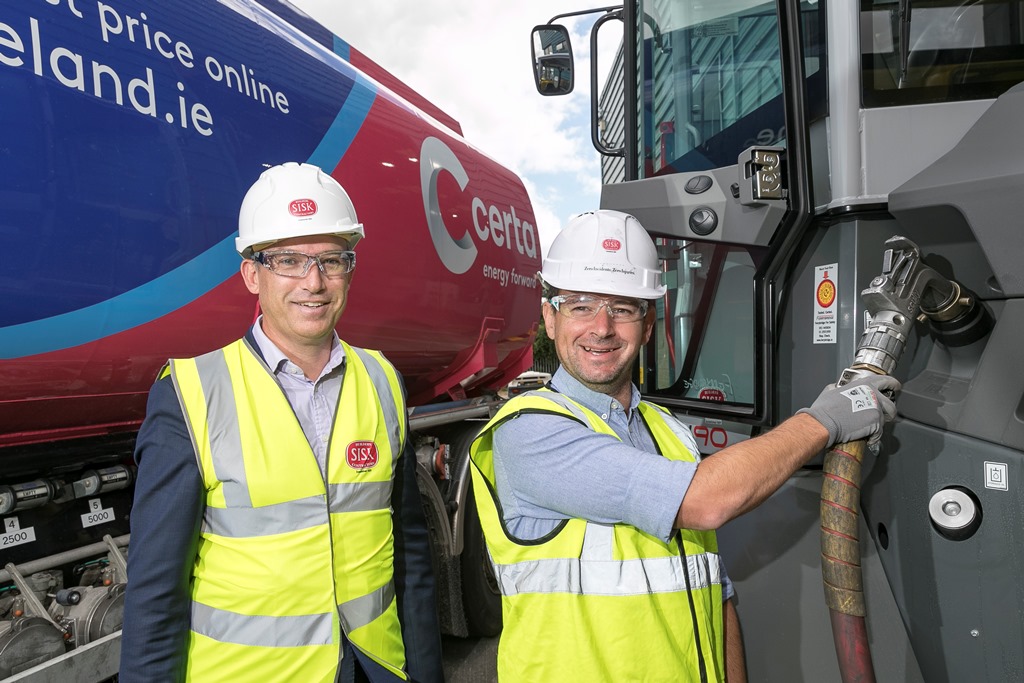
As outlined in our case study with Ireland’s largest construction company, SISK, HVO can act as an integral factor in the construction sector’s efforts to decarbonise relatively quickly and efficiently. The construction sector across the globe is under an increasing amount of pressure to reduce its carbon footprint, with whole cities such as Oslo, Norway and Vancouver, Canada committing to completely fossil-free construction sectors before 2030. With the construction sector in Ireland poised to implement similar ambitious plans, the usage of HVO fuel in the sector looks to be a catalysts of this change, providing a here-and-now solution for rapid emissions reductions in construction equipment.
The construction industry can enjoy many benefits from HVO, including 90% emission reductions, high performance in cold weather down to -42 degrees Celsius, storage life of 10 years, and greatly reduced particulate emissions and noise pollution. With SISK mandating HVO across their Irish sites, it is clear that adoption of the biofuel can be a major step-forward on the journey towards increased sustainability in the sector.
HVO for Haulage & Transport
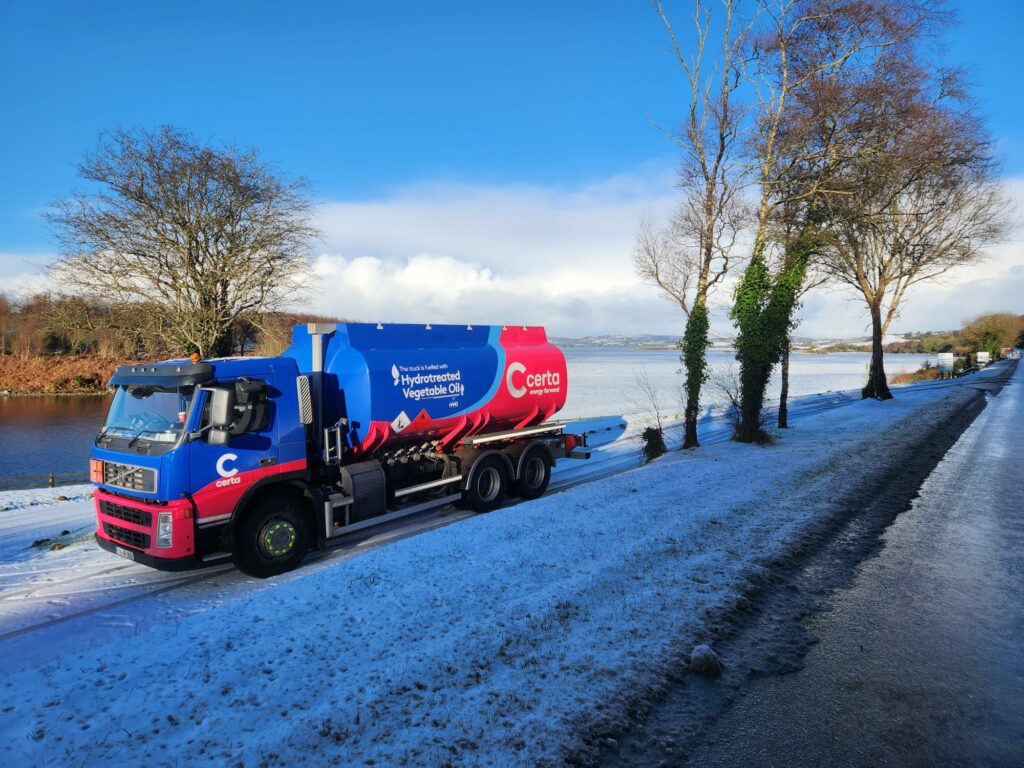
At Certa, we have first-hand experience using HVO to fuel our haulage needs. We currently have 60% of our fleet operating solely on HVO, and are rapidly approaching our ultimate goal of being at 100% this year. The fleet is running as efficiently as ever, and there have been no adverse effects to the trucks that have transitioned. While this change was made to engage in more sustainable practices as a company, this also acts as a vote of confidence to our customers, showing that we will only stand behind products we would use ourselves.
In 2018, Ireland’s 136,000 HGVs accounted for 15% of transport energy, emitting 12 million tonnes CO2eq that must reduce to 6-7mt by 2030. While companies begin to implement long-term strategies, HVO offers a here-and-now solution. One diesel-fuelled vehicle emits the same levels of CO2 as 12 HVO-fuelled vehicles. Haulage companies can also enjoy the stability in price of HVO; something that can not currently be said in the unpredictable market of traditional diesel. The use of HVO also reduces AdBlue consumption by 10% on average compared to vehicles using fossil-diesel.
HVO for Commercial/Industrial

HVO, the high-quality, renewable diesel alternative can drop-in directly for usage in industrial diesel generators, large-scale batteries and increases the potential for overall scalability of a commercial facility. It is also an ideal fuel for back-up generators due to its long shelf life of ten years, as opposed to the one-year safe shelf life typically seen in traditional diesel.
Recent improvements in HVO mean it now has the unique potential to sustainably power industrial facilities but without many of the performance, storage, or maintenance issues of previous biofuels.
As a result, HVO has become increasingly popular and viable for mission critical use-cases including in modern data centers, food production, waste management facilities and a wide range of other industrial applications.
Among their many efforts to contribute positively to the environment, Certa HVO has been a key aspect in their journey to becoming Ireland’s first carbon positive company, which they achieved and actively maintain to this day.
To see the fascinating air dome for yourself and hear from the equally impressive minds behind the operation, watch the video above.
HVO for Events

Event-goers are increasingly interested in the sustainability of events they attend, and event-organisers are increasingly aware of their responsibilities to adapt to a more eco aware public.
In 2022, we were delighted to work with organisers of some of Ireland’s largest events such as The Irish Open, Longitude and Electric Picnic to facilitate them in making the switch from powering their event sites on diesel to running HVO fuel for the first time.
The fact that these events were able to use the exact same infrastructure as they used previously when fuelled with diesel, means that the change caused minimal interruption to the regular planning routines and made from a seamless transition for these events to go fossil-free.
HVO for Tech/Data
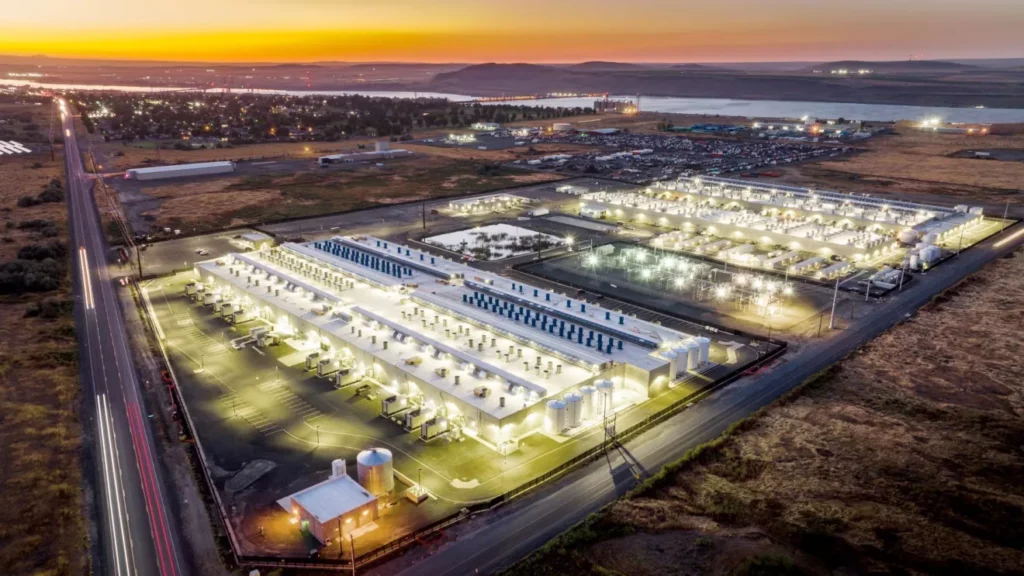
The growth of the tech and data center sector has highlighted the significant energy demand which companies operating within the sector have. In particular, there has been much coverage around the impact of these facilities on the national energy grid.
Employing HVO in the process of powering data centers and other high-demand tech infrastructure means that tech companies can minimise the impact their operations have on the national energy grid and decentralise this demand.
As this kind of facility must be kept powered at all times to maintain vital data, HVO is also an ideal fuel. The ability of the fuel to facilitate back-up generators with its long shelf life of ten years, means security for tech companies as they can guarantee consistent power.
HVO for Agriculture
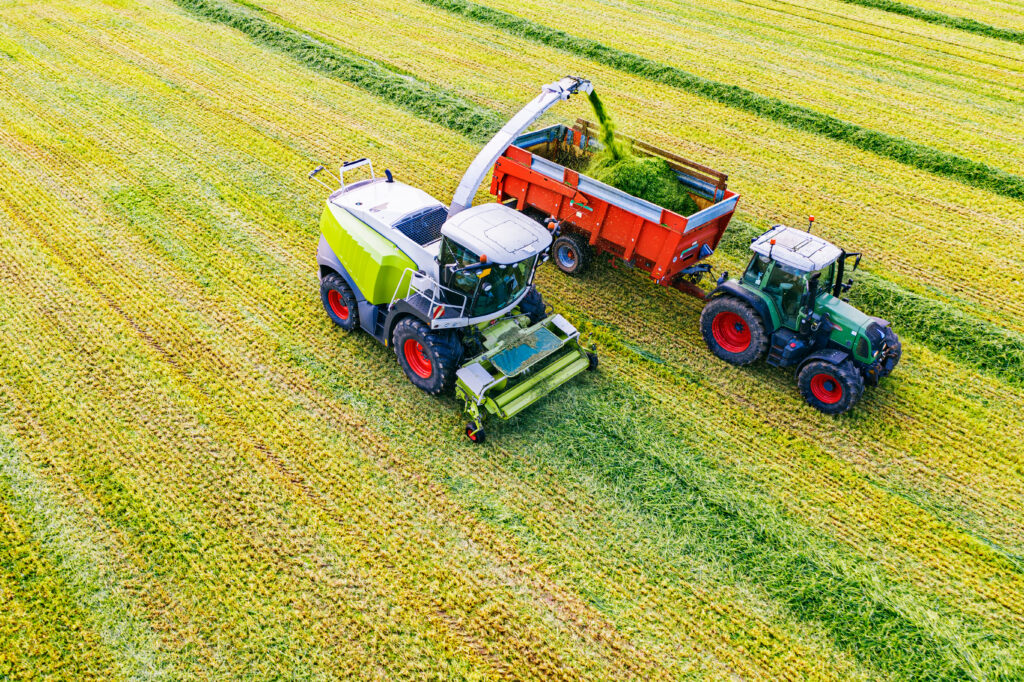
Powering farm machinery and equipment on HVO not only means farmers are guaranteed high performing, low-maintenance fuel, but will also account for a significant reduction in the carbon footprint associated with the lifecycle of farm produce.
This in turn helps to future-proof farm businesses, ensure a more sustainable future for produce and safeguard Ireland’s agricultural industry as it supplies not only Ireland’s domestic market but international markets at an ever-increasing number also.
The cleaner air that comes as a result of HVO use will naturally make for an even stronger guarantee of quality produce from Ireland’s farms. HVO, with its vastly lower emissions compared to fossil fuels and substantially decreased particulate expulsion, contributes to cleaner air in rural areas and decreases exposure of farm produce and land to such pollutants. In addition, usage of HVO reduces the need to add AdBlue to farm machinery fuel tanks, saving on the expense of the additive.
HVO for Recreation/Entertainment

Sporting, recreation, and entertainment facilities can leverage HVO fuel to power generators, heating systems, and transportation fleets, reducing carbon emissions and environmental impact. With comparable performance to diesel, HVO offers seamless integration into existing infrastructure, ensuring reliable energy supply for stadiums, arenas, and training centers.
One incredible example of the success of HVO in this sector is at the headquarters of Connacht GAA near Ballyhaunis, Co. Mayo where the world’s largest sports air dome was built with the initial intention of being fuelled by diesel, but for such a formidable structure to remain inflated year-round, the team at Connacht GAA spent much time researching alternative and less harmful options. Aligning with both the power required to keep the dome upright and the group’s environmentally conscious ethos, they found HVO to be the perfect marriage between the two.
Looking Ahead
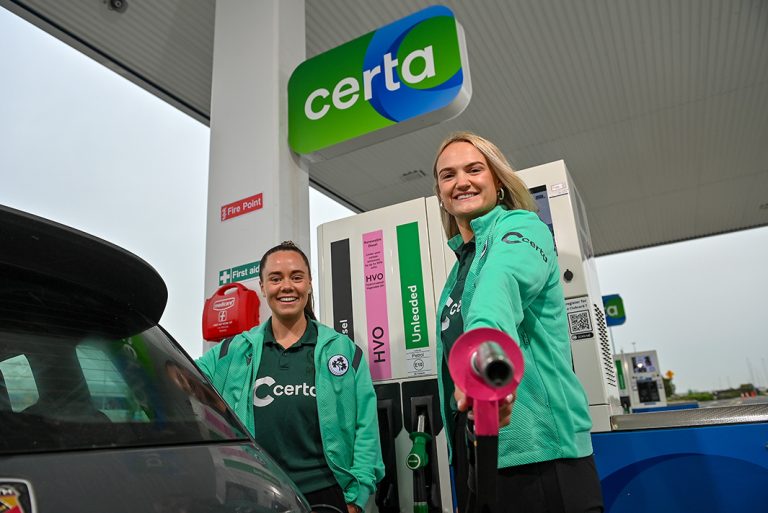
The reflection that HVO adoption has on a company is universally positive across all industries. While granting themselves immediate peace in their pursuit of a lower-carbon future, companies are also finding that they become a more attractive prospect to customers, who seek to stake a claim in some of the pride that comes with contributing to more sustainable practices.
To learn more, have a chat with Laura Byrne, our Business Development Manager for Sustainable Fuels, at 0858072040 or email [email protected]

